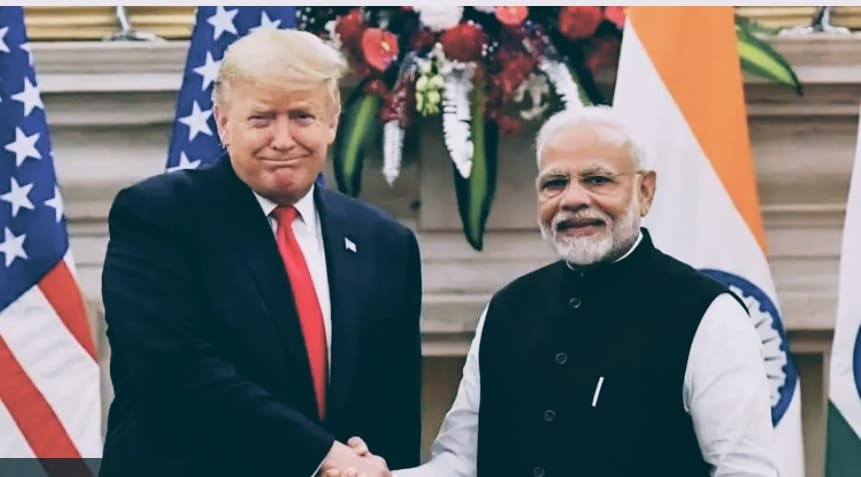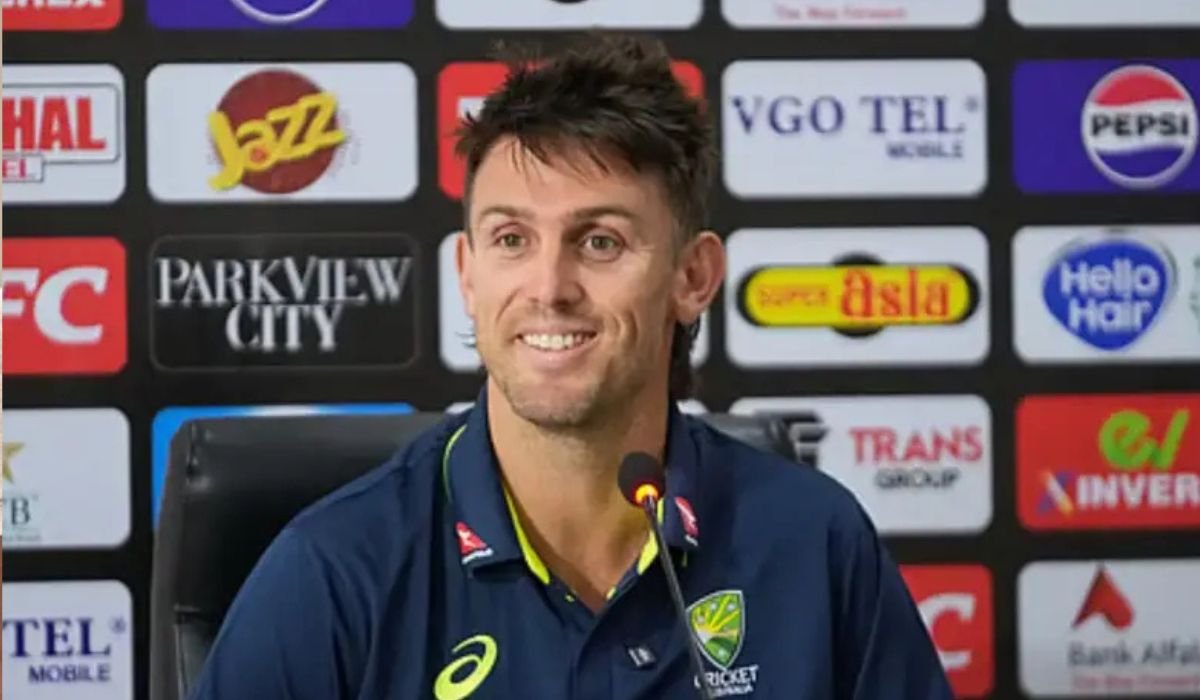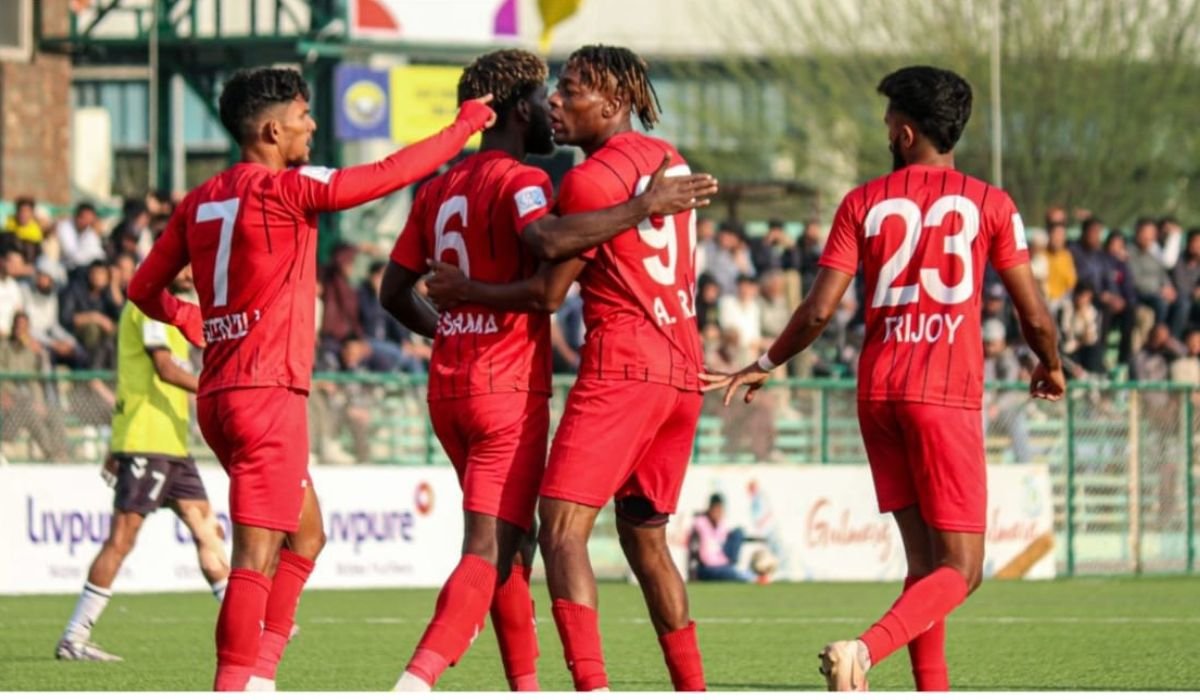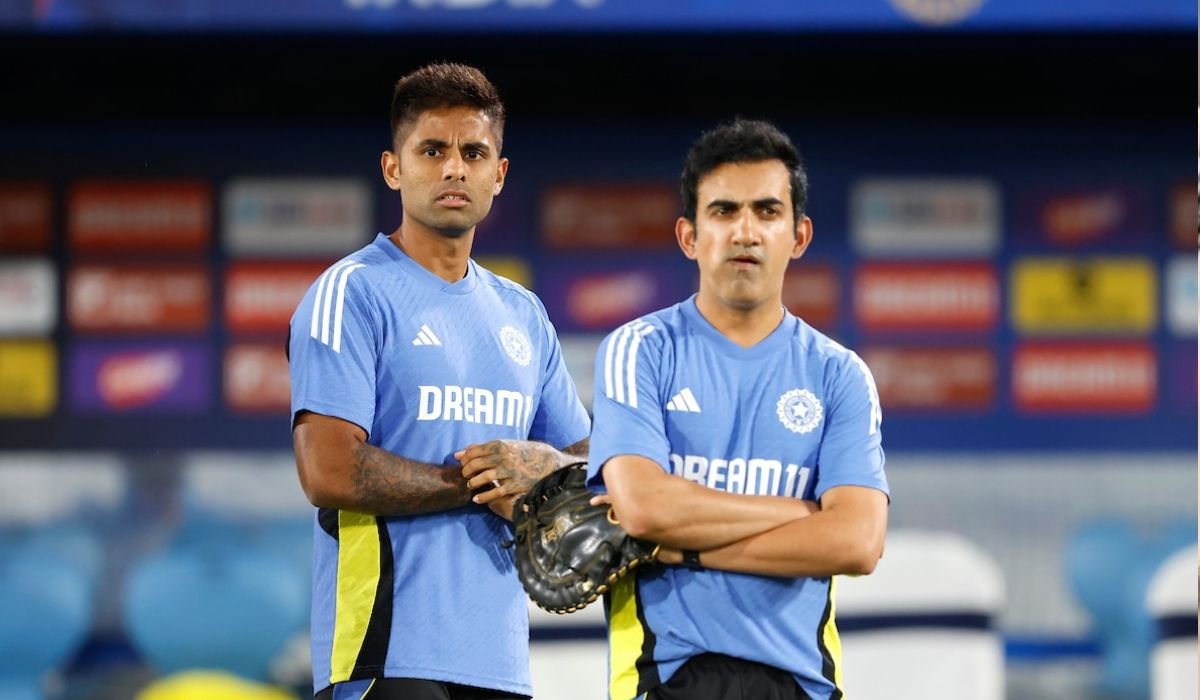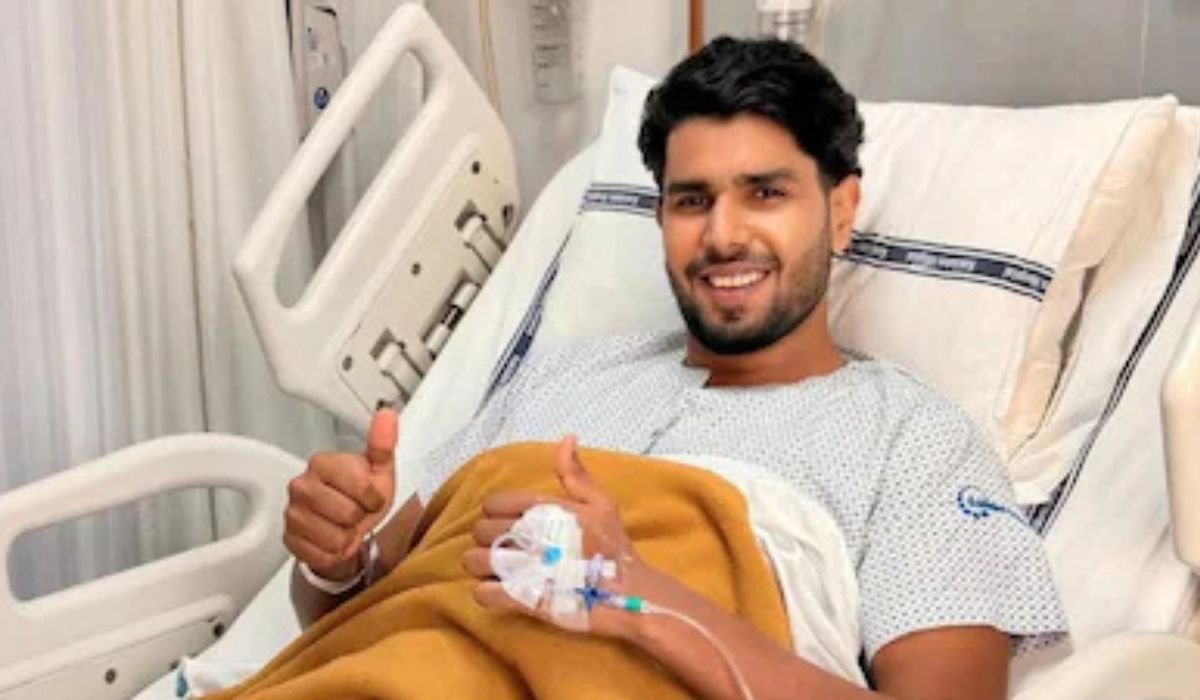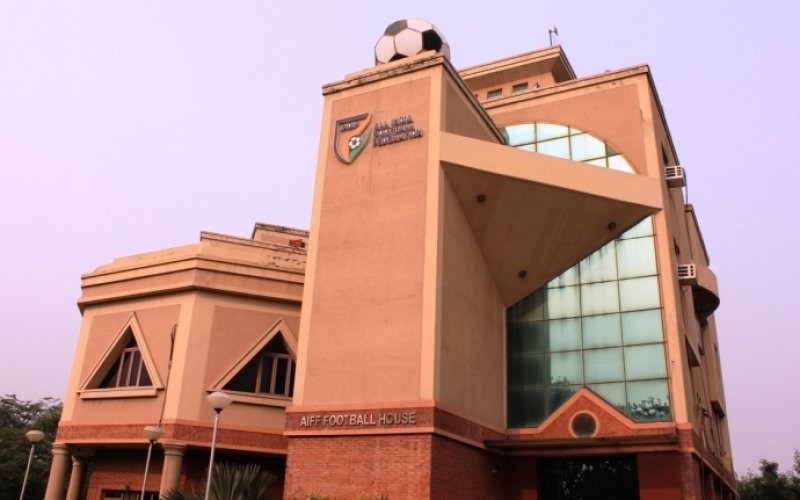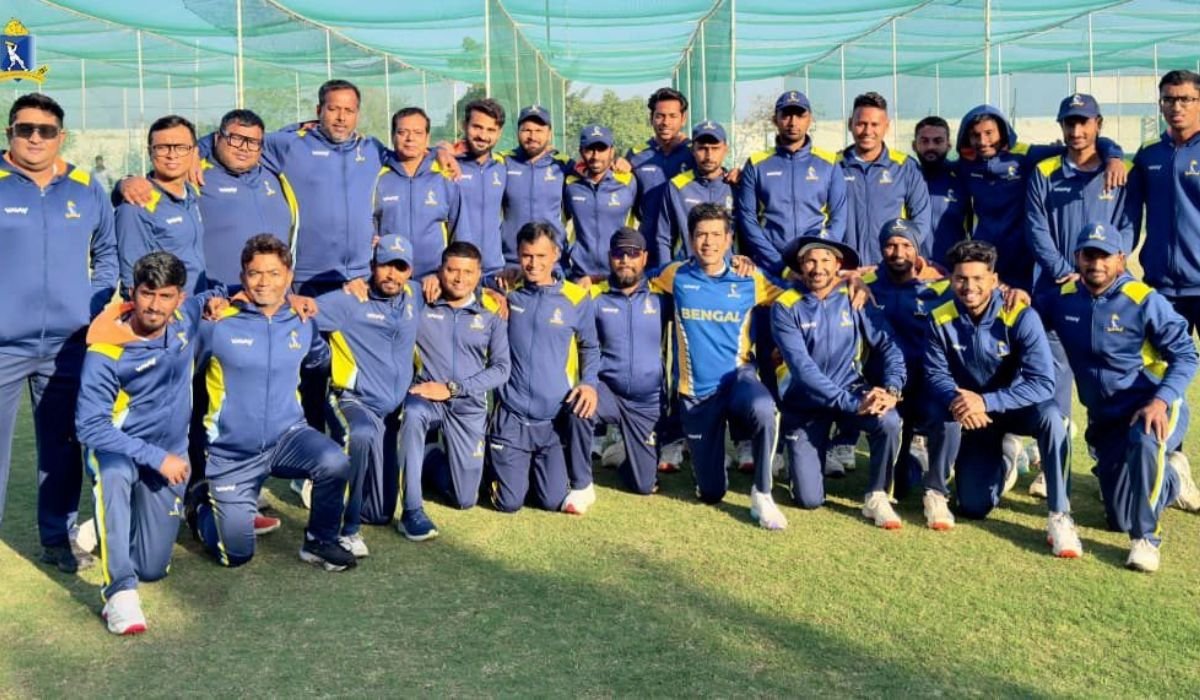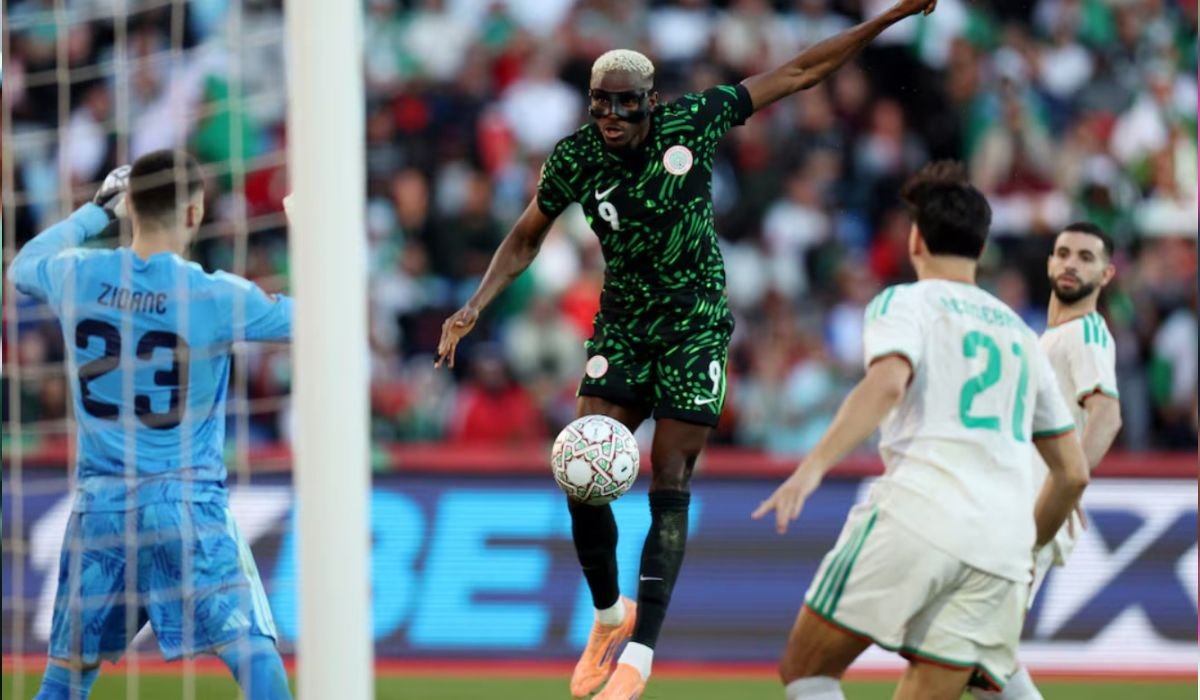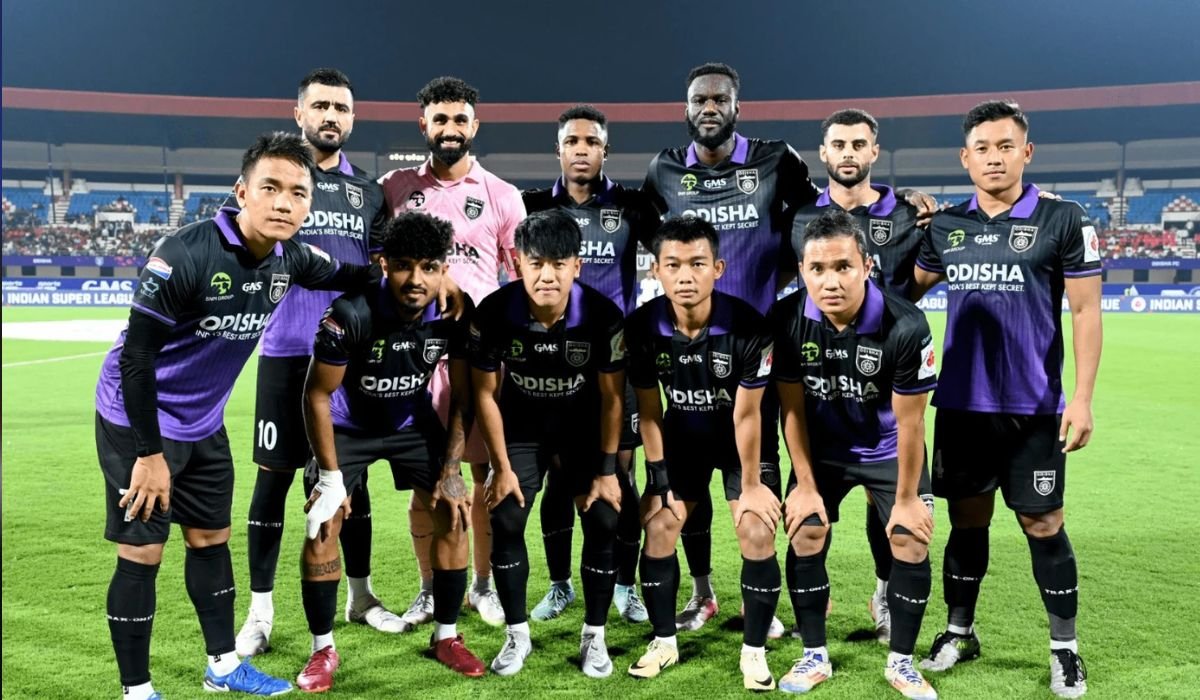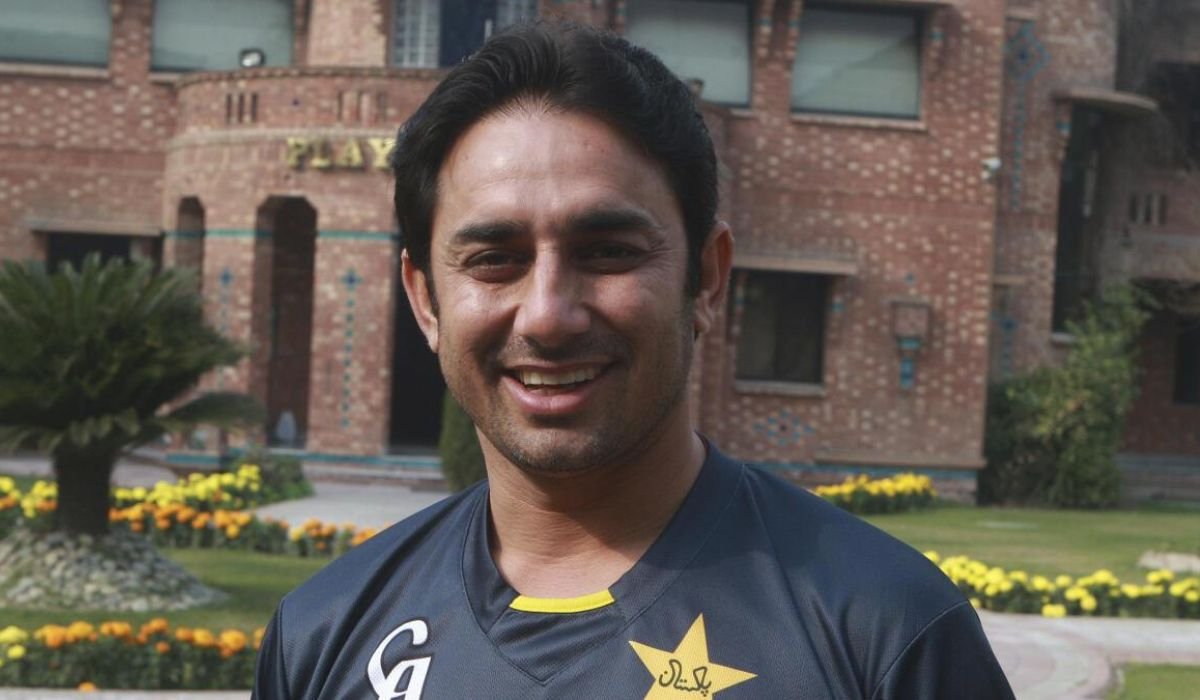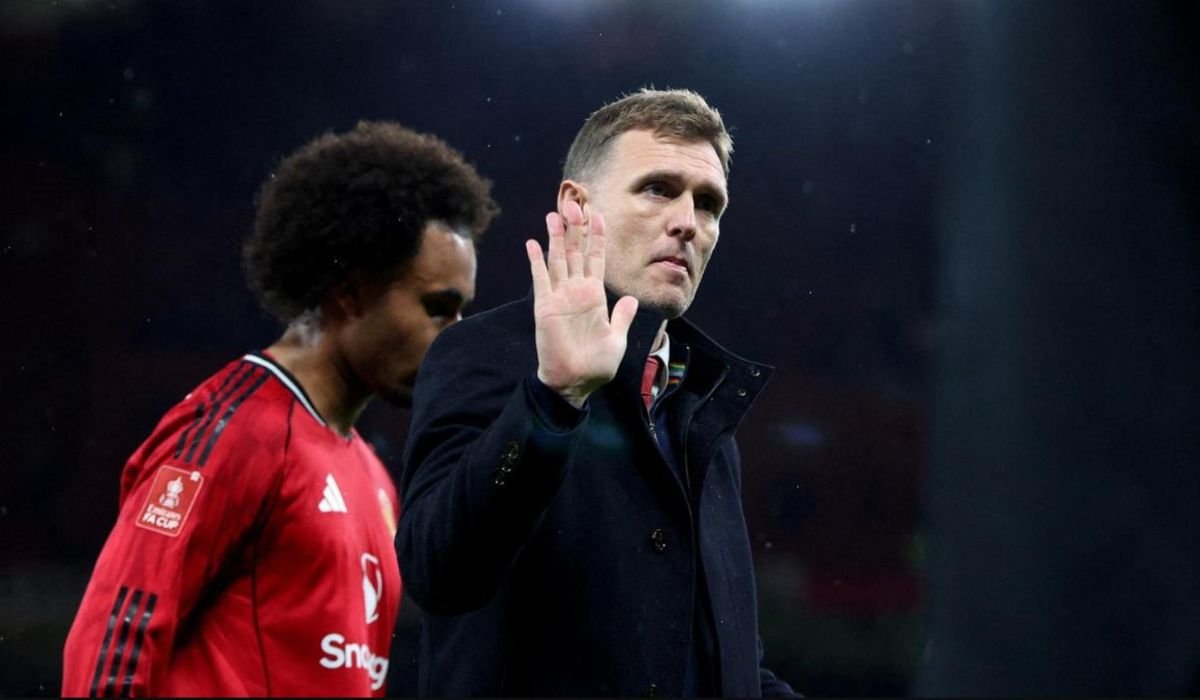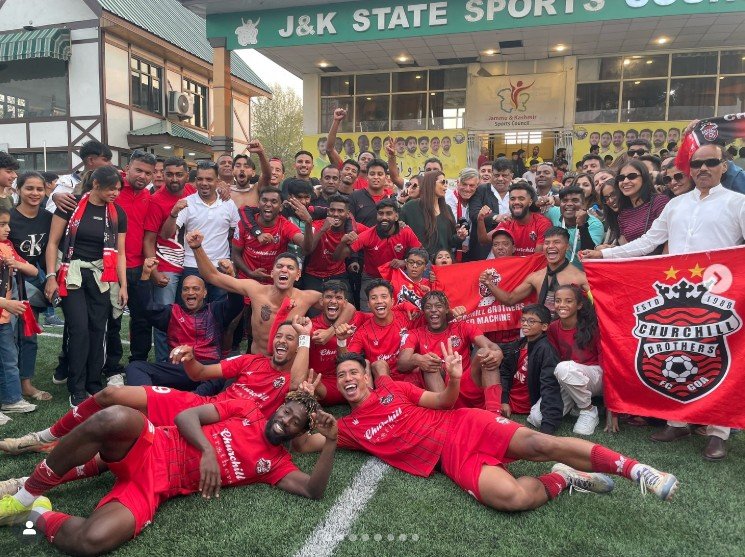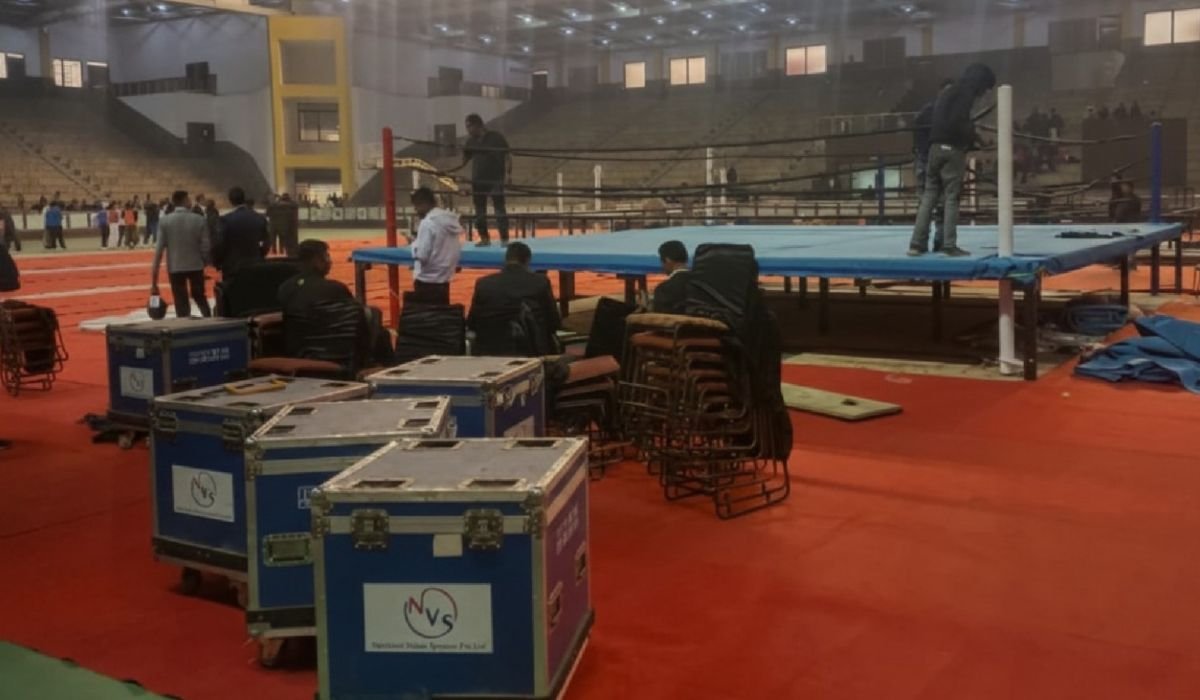Indian Prime Minister Narendra Modi on Thursday issued a firm message that his government will not compromise on the interests of farmers, even as tensions rise between New Delhi and Washington over an unresolved trade deal.
Speaking at an international conference in New Delhi commemorating the centenary of agricultural scientist M.S. Swaminathan—widely credited with spearheading India’s Green Revolution—Modi said, “The interests of our farmers, livestock rearers, and fishermen are of the highest priority. India will never compromise on them.”
In a pointed remark widely interpreted as a message to the United States, Modi added, “I know I will have to pay a heavy price personally for this stand. But I am prepared for it. India is ready to protect the interests of its farmers.”
His comments come amid mounting friction with the U.S. over trade, particularly involving agriculture and dairy. American officials have reportedly pushed India to open its markets fully to U.S. agricultural products and dairy exports as part of a broader trade agreement. However, Indian negotiators have so far resisted, citing the potential impact on domestic farmers and producers.
Tariff Tensions
The backdrop to Modi’s speech is an increasingly fraught trade relationship. U.S. President Donald Trump recently announced a second round of tariff hikes, bringing total duties on Indian goods to 50%. The move comes after India continued oil imports from Russia, defying Western pressure to scale back economic ties with Moscow amid the ongoing war in Ukraine.
Trump has hinted that further restrictions may be imposed on countries that maintain trade relations with Russia, warning that “many more” punitive measures could be on the way.
Although trade negotiations between India and the U.S. are ongoing—with five rounds already completed—officials on both sides acknowledge that a final agreement remains elusive. Talks are expected to resume later this month when a U.S. trade delegation visits New Delhi. India Resists “One-Sided” Deal
Sources within India’s commerce ministry say Washington wants unfettered access to Indian markets for U.S. agricultural products, milk, and dairy goods. But New Delhi remains firm that it will not enter into any “one-sided” deal that prioritizes American interests while endangering domestic livelihoods.
“There’s no question of rushing into an agreement that only benefits the U.S.,” one government official said, speaking on condition of anonymity. Green Revolution Legacy and Domestic Messaging
Analysts see Modi’s remarks as aimed not just at the U.S. but also at a domestic audience increasingly anxious over global pressures on Indian agriculture. The choice to deliver this message at an event honoring M.S. Swaminathan—whose work transformed India from a food-deficient country to a grain-exporting nation—was symbolic. Swaminathan’s legacy is closely tied to Indian self-reliance in agriculture, particularly wheat, which once reduced dependence on U.S. grain imports. Modi’s speech was seen as reinforcing that spirit of independence, even as India navigates the complex landscape of global trade diplomacy.
The Prime Minister’s firm stance is likely to resonate with India’s vast rural population and farming community, as his government prepares for general elections in the coming year.
For now, the path to a comprehensive India-U.S. trade agreement appears uncertain. And with tariffs mounting and political stakes rising, the gap between economic pragmatism and political priorities may continue to widen.

